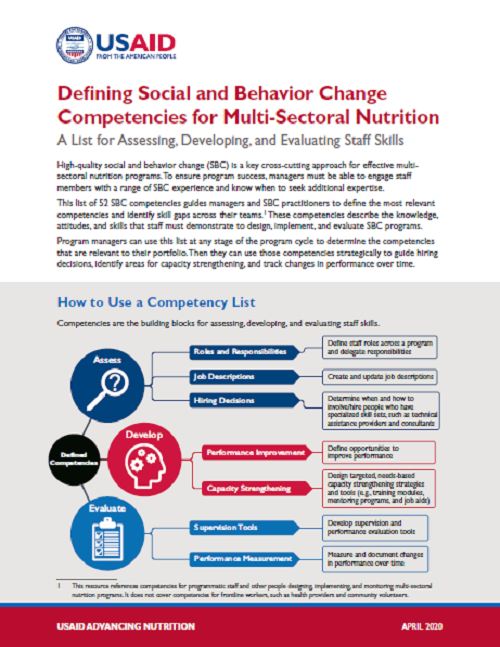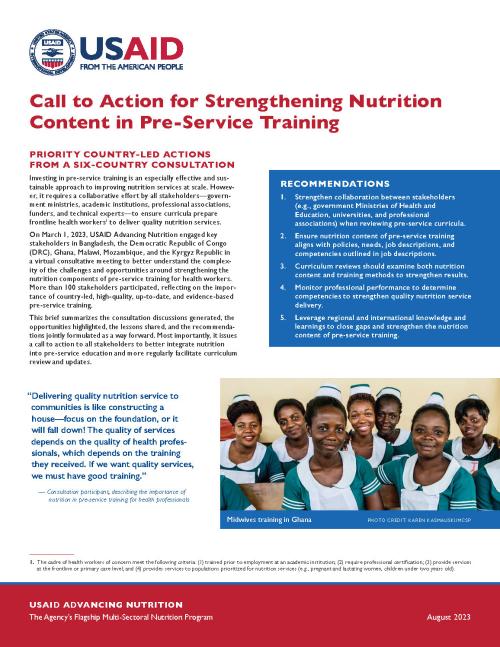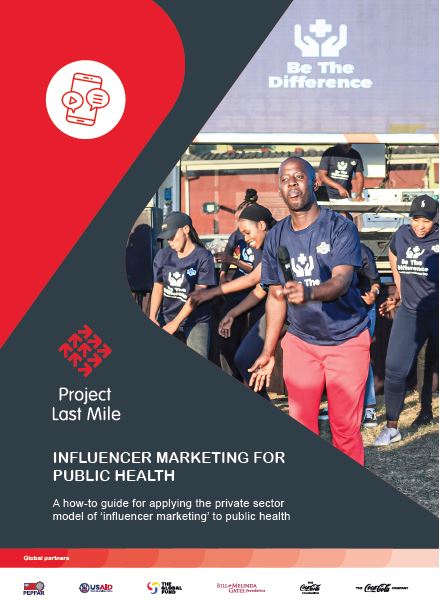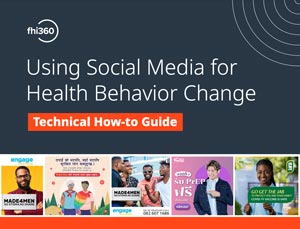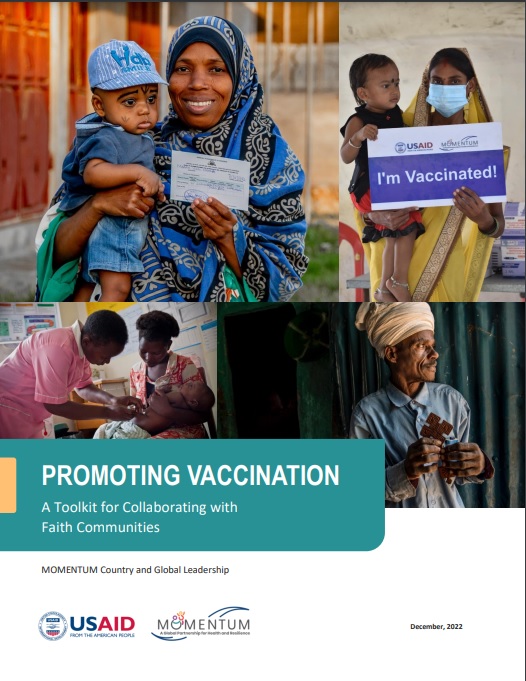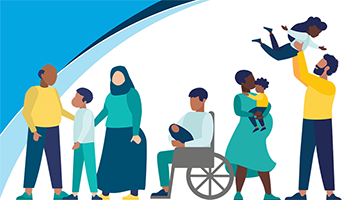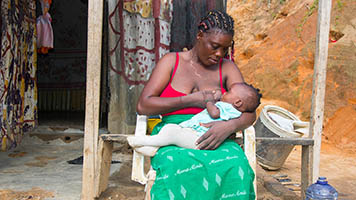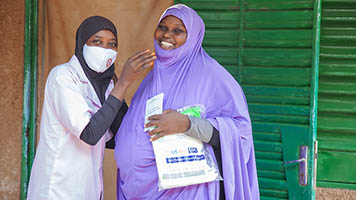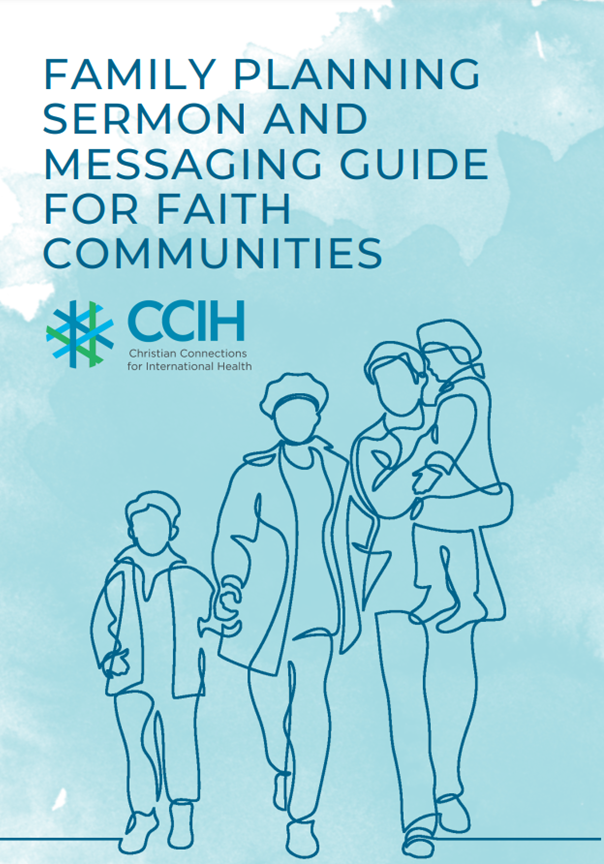Behavioral Design to Inform Social and Behavior Change for Nutrition [Course] / Conception comportementale au service du changement social et de comportement en matière de nutrition [Cours]
Behavioral science offers empirical insights into how people interact with their environment and each other under different conditions. It includes research from various fields, such as cognitive and social psychology, marketing, neuroscience, and behavioral economics, that provide insight into the complexity of human behavior. Behavioral design leverages insights from behavioral science to develop and test innovative solutions that, rather than trying to change people, seek to reshape their context to positively influence their behavior. It offers a powerful tool to address some of the stickiest challenges you may encounter in health and nutrition programs, services, and policies.
This online course, developed by Breakthrough ACTION and USAID Advancing Nutrition, offers a practical, hands-on introduction to behavioral science, behavioral design, and how these approaches can be applied to nutrition challenges. It uses a real-life case example to illustrate the behavioral design process in action and guides participants to consider whether and how the solutions in the case example can be adapted to their own contexts. This case example draws from research and design work conducted in the Democratic Republic of the Congo to support families to follow nutrition guidelines for feeding their young children during and after illness.
Conception comportementale au service du changement social et de comportement en matière de nutrition [Cours]
La science comportementale offre des perspectives empiriques sur la manière dont les êtres humains interagissent avec leur environnement et entre eux dans différentes conditions. Elle comprend des recherches menées dans différents domaines tels que la psychologie cognitive et sociale, le marketing, les neurosciences et l’économie comportementale, qui permettent de cerner la complexité du comportement humain. La conception comportementale s’appuie sur ces connaissances pour développer et tester des solutions innovantes qui, au lieu d’essayer de changer les gens, s’attèlent à remodeler leur contexte afin d’influencer positivement leur comportement. Il s’agit d’un outil puissant permettant de relever certains des défis les plus épineux pouvant être rencontrés dans les programmes, services et politiques de santé et de nutrition.
Développé par Breakthrough ACTION et USAID Advancing Nutrition, ce cours en ligne est une introduction pratique et concrète à la science comportementale, à la conception comportementale et à la manière dont ces approches peuvent être appliquées pour relever les défis en matière de nutrition. À partir d’un exemple basé sur un cas pratique, il fait ressortir le processus de conception comportementale et amène les participants à se demander si et comment les solutions émanant dudit cas pratique peuvent être adaptées à leur propre contexte. Ce cas pratique s’inspire d’un travail de recherche et de conception mené en République Démocratique du Congo pour aider les familles à suivre les directives nutritionnelles concernant l’alimentation de leurs jeunes enfants pendant et après la maladie.
Last modified: November 29, 2023
Language: English, French
Source: Johns Hopkins Center for Communication Programs
Year of Publication: 2023

